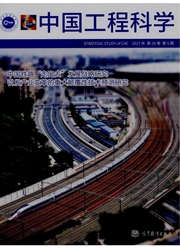

 中文摘要:
中文摘要:
通过特定的基因组合与转染可以将已分化的体细胞诱导重编程为多潜能干细胞(iPS),是近年来干细胞研究领域最令人瞩目的一项新的干细胞制造技术。与胚胎干细胞(ES)不同,iPS细胞的制造不需要毁损胚胎,因而不会涉及更多的伦理学问题。iPS的出现不仅为体细胞重编程去分化机制的研究注入了新的活力,而且为疾病发生发展相关机制研究与特异的细胞治疗,特别是再生医学带来新的曙光。目前,iPS的研究尚处于初级阶段,文章就iPS的研究现状与应用前景进行综述和展望。
 英文摘要:
英文摘要:
Differentiated somatic cells can be reprogrammed into induced pluripotent stem cells (iPS) by transduction of a defined transcription factors. Undoubtedly, iPS-cell technology is a great breakthrough of stem cell research field in recent years. As a novel method for achieving an embryonic-like state without the ethical dilemma of destroying human embryos, iPS-cell technology elicit a great promise for patient-specific cell therapy and regenerative medicine. In addition, iPS-cell technology provides novel platforms for research of reprogramming mechanism and pathological process of human disease. However, the present development of pluripotent cells from individual somatic cells just opened up a new door to stem cell research world, much work remains to be done before iPS cells can be considered as a clinically reliable cell source. Here, the iPS cell research advances in recent years were reviewed and the feasible applications of iPS-cell technology were discussed.
 同期刊论文项目
同期刊论文项目
 同项目期刊论文
同项目期刊论文
 期刊信息
期刊信息
